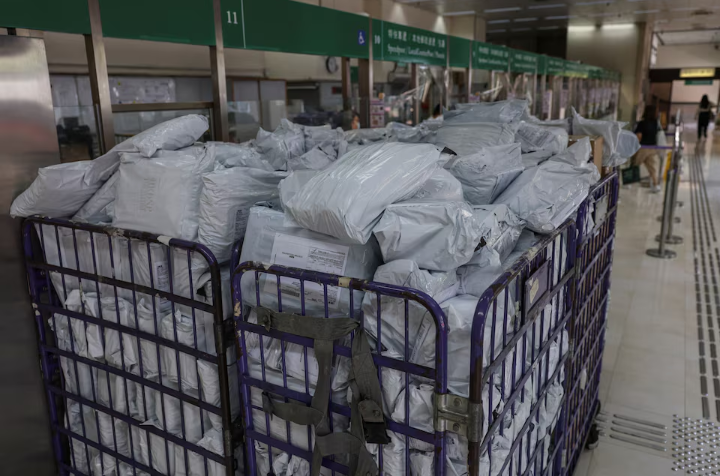The U.S. government has just delivered a major blow to global e-commerce, and the ripple effects are already being felt. Starting this Friday, President Donald Trump’s administration officially scrapped the “de minimis” rule—an exemption that previously allowed small-value imports from China and Hong Kong (under $800) to enter the U.S. tariff-free.
The fallout? Some online retailers have already shut their virtual doors to American shoppers, while others are scrambling to adapt.
What Changed—and Why It Matters
The “de minimis” provision was a game-changer for online shopping, enabling seamless cross-border trade and low-cost access to consumer goods. But it’s now been dismantled for products originating from China and Hong Kong. The result: many of these goods are now subject to staggering tariffs of up to 145%.
This policy shift follows broader trade tensions between the U.S. and China. Critics of de minimis argued that the exemption helped flood the U.S. market with cheap goods—and even facilitated the smuggling of illicit materials like fentanyl. Customs data backs this up: 97% of counterfeit seizures in 2024 came from de minimis shipments.
Retailers Exit the U.S. Market
Several companies are taking drastic measures. Space NK, a British beauty retailer, has paused all U.S. shipping, citing the risk of unexpected costs for their customers. Canadian brand Understance, which manufactures lingerie in China, also stopped shipping to the U.S., stating that it won’t resume until there’s regulatory clarity.
According to Cindy Allen, CEO of global trade consultancy Trade Force Multiplier, “Going from zero to 145% in tariffs is simply not sustainable. Many small and mid-sized businesses are just walking away from the U.S. market.”
Rising Prices, Fewer Options
For brands trying to hold their ground, the answer is price hikes. U.K. fashion brand Oh Polly increased prices for its American shoppers by 20%—and more increases may follow.

Singapore-based fast fashion giant Shein, whose products are mostly made in China, tried to reassure buyers via Instagram: “Some products may be priced differently, but most of our collection remains affordable.” Meanwhile, e-commerce giant Temu is prioritizing products already in U.S. warehouses, labeled “Local,” to avoid customs complications.
But this workaround won’t last forever. Once pre-tariff inventory runs out, even these companies will have to reckon with the new rules—or risk losing their U.S. market share.
The End of Easy Imports
Beyond the financial toll, the administrative burden has grown. Sellers must now provide detailed origin information for every component of their products. UPS recently acknowledged that many of its small-business clients rely entirely on Chinese suppliers, and platforms like Etsy are helping sellers update product origin details to comply with the new tariffs.
Winners in the Shadows
Not all retailers are worried. Primark, the British budget fashion brand, may actually benefit. Since it doesn’t rely on online U.S. sales, it could attract value-seeking American shoppers now faced with inflated e-commerce prices.
As George Weston, CEO of Primark’s parent company, put it: “With prices going up in online imports, Americans might just head back to the malls.”



